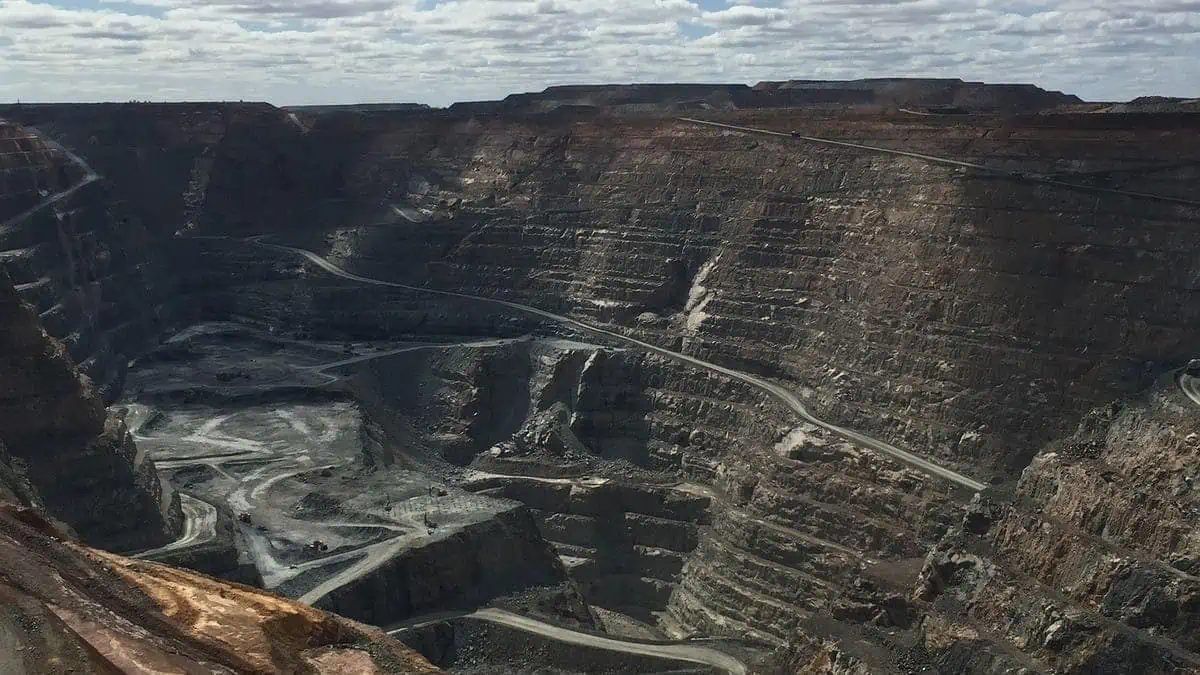The passing of the Inflation Reduction Act focuses on the boost it should provide to electric vehicle sales. However, simply manufacturing and driving millions of electric vehicles won’t be sufficient to stop greenhouse-gas emissions and other pollutants that affect the planet.
The upcoming race to electrify vehicles may likely fuel ecological degradation, geopolitical tensions, and military conflict. The batteries that power EVs may be the source of international competition. The elements used to make electrodes, cobalt, and lithium, may push it on. Supplies come from outside of the borders of the United States.
Many happenings today may have accelerated the pace and demand for a faster structural switch—environmental and climate change prompt developments and transformation to sustain continuity.
The Democratic Republic of Congo is also called ‘the Saudi Arabia of cobalt.’ Its cobalt supply is highly priced for its part in mobile phone manufacturing. It takes a toll on increasing cobalt mining. Billions of batteries must be manufactured to convert the American passenger car fleet alone fully.
The New York Times reported that the cobalt rush in that country has been caught up “in a familiar cycle of exploitation, greed, and gamesmanship that often puts narrow national aspirations above all else.” In addition, China has been buying cobalt-mining operations in Congo and the US following.
Notably, 15 cobalt mines are under Chinese control. Workers’ safety has been compromised, and residents were displaced from their homes. A protester was shot and killed, along with people collecting cobalt leftovers to sell.
The Times further reported, “Troops with AK-47s were posted outside the mine this year, along with security guards hired from a company founded by Erik Prince.” Prince is notorious for having been the founder and boss of the mercenary contractor Blackwater, which committed atrocities during America’s “forever wars” of the 2000s. Among other mayhem, Blackwater mercenaries fired upon unarmed civilians in Iraq and Afghanistan and were convicted of killings and woundings. From 2014 to 2021, he was the chair of a China-based company, Frontier Services Group, that provided Blackwater-style services to mining companies in Congo, says Countercurrents.
Furthermore, Prince joined what the New York Times refers to as “a wave of adventurers and opportunists who have filled a vaccumed created by the departure of major American mining companies, and by the reluctance of other traditional Western firms to do business in a country with a reputation for labor abuses and bribery.”
“If you just look at Tesla’s ambition to produce 20 million electric vehicles a year in 2030, that alone will require close to two times the present global annual supply [of those minerals] and that’s before you include VW, Ford, GM, and the Chinese.” said a battery-industry CEO to Forbes.
Tesla’s Elon Musk has been reaching for Bolivia’s pristine lithium reserves, but President Evo Morales stood in the way. There was also a Twitter user accusing Musk of complicit in a 2020 coup; the CEO responded but later deleted the tweet.
Places with cobalt and lithium resources, such as Afghanistan, seem to be potential areas for conflict and rivalry. Countries compete or have friendly relations for resources.
According to a United Nations report, a single nodule field, the 1.7 million-square-mile Clarion-Clipperton Zone (CCZ) in the Pacific Ocean southeast of the Hawaiian Islands, contains more cobalt than all terrestrial resources combined. Exploration licenses are also given to mining companies sponsored by national governments and issued by International Seabed Authority.
Furthermore, there are a lot of things that could go wrong within a minute. US Coast Guard Surface Warfare Officer Lieutenant Kyle Cregge argued that the Coast Guard and Navy should have a high-profile presence in seabed mining areas. He reiterated that the 1980 Deep Seabed Hard Mineral Resource Act “claimed the right of the US to mine the seabed in international waters, and specifically identifies the Coast Guard as responsible for enforcement.”
Cregge also acknowledged that “the Coast Guard will face the same problem the US Navy does with its freedom of navigation operations in places like the South China Sea.” He wrote. “The services seek to reinforce the United Nations Convention on the Law of the Sea as reflecting customary international law.”
Moreover, seafloor mining also comes in. A researcher in war theory at the University of New South Wales, Manabrata Guha, told Australia’s ABC television that “data, including topographic or thermal maps of the seabed, obtained through exploration of the seafloor by mining operations projects, could be a great value to a nation’s armed forces.”
According to ABC, “Just 9 percent of the ocean floor is mapped in high resolution, compared to about 99 percent of the surface of Mars — a blind spot that affects both deep sea miners and military planners. This is all worth keeping in mind, because while the Pacific Ocean is set to be the sea with the most mining potential, it is also home to this century’s most consequential geopolitical tension: the rise of China, and the US’s response to it.”
A fleet of battery-powered vehicles is unlikely to be proven sustainable ultimately. It may result in global consequences with the materials used in manufacturing. There could be other ways to transform the transportation system, such as walking, pedaling, and efficient public transportation nationwide.
However, transformation takes a long time. The weight of battery manufacturing impacts the vehicle’s system, people, and the entire ecosystem. EVs will be manufactured continuously as mandates to ban the sales of gasoline-powered cars have also been set up.






